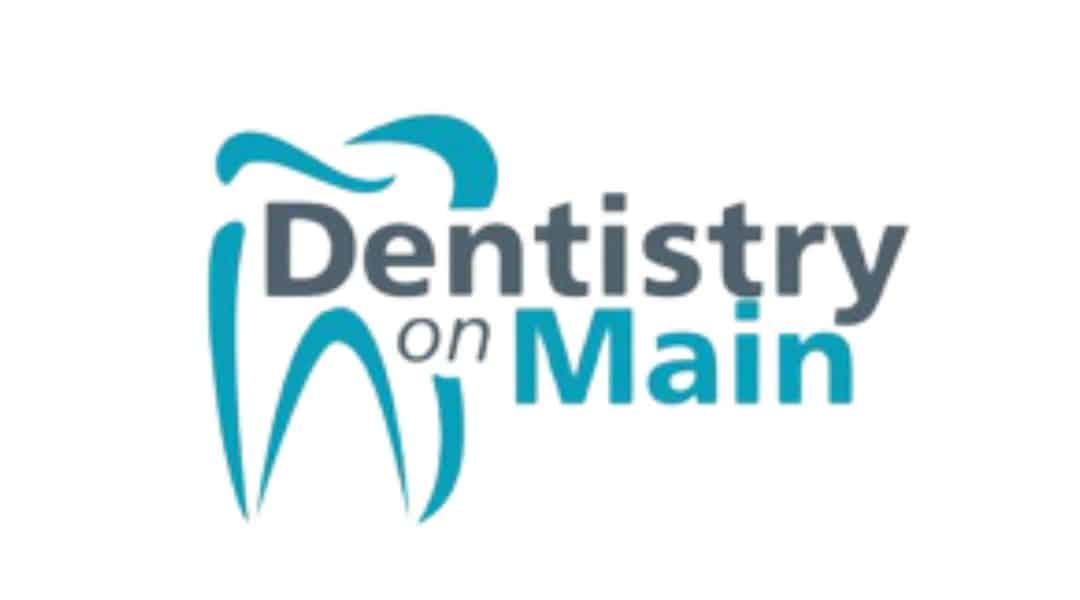What is emergency dentistry?
Emergency dentistry is a branch of dentistry that focuses on providing immediate care for dental injuries or pain. This type of care is necessary when a person experiences a sudden dental problem that requires immediate attention, such as a severe toothache or a tooth that has been knocked out. Emergency dentists are trained to provide care for these types of situations and can help to alleviate pain and prevent further damage to the teeth and mouth.
When is emergency dentistry needed?
Emergency dentistry is typically needed when a person experiences a sudden, severe dental problem that requires immediate attention. Examples of situations that may require emergency dental care include:
- A tooth that has been knocked out
- A tooth that has been chipped or broken
- A severe toothache that cannot be managed with over-the-counter pain medication
- Swelling in the mouth or face
- An abscess, which is a collection of pus that can develop in the mouth
- A foreign object stuck in the mouth or teeth
- If you are experiencing any of these symptoms, you should contact a dentist as soon as possible to receive emergency care. It is important to seek treatment promptly to prevent further damage to your teeth and mouth.
How do I prevent a dental emergency?
There are several steps you can take to prevent a dental emergency:
- Brush and floss your teeth regularly to keep them healthy and free of plaque and tartar
- Visit your dentist for regular checkups and cleanings to identify and treat any potential problems
- Use a mouthguard when participating in sports or other activities that may result in dental injuries
- Avoid chewing on hard objects, such as ice or hard candy, which can damage your teeth
- Avoid using your teeth to open packaging or bottles, which can cause them to break or become chipped
- By following these steps, you can help to reduce your risk of experiencing a dental emergency. However, it is important to keep in mind that even with proper care, dental emergencies can still happen. If you do experience a dental emergency, seek treatment promptly to prevent further damage to your teeth and mouth.
What are emergency dental treatments?
Emergency dental treatments are procedures that are performed to alleviate pain and prevent further damage to the teeth and mouth in the event of a dental emergency. Some examples of emergency dental treatments include:
- Extracting a tooth that has been knocked out or is severely damaged
- Filling a cavity or repairing a tooth that has been chipped or broken
- Treating a toothache by removing decay or infected tissue from the tooth
- Prescribing antibiotics to treat an infection or abscess
- Providing temporary measures to protect a tooth or restore its function until more extensive treatment can be provided
The specific emergency dental treatment that is needed will depend on the nature of the dental emergency and the condition of the patient’s teeth and mouth. A dentist will be able to determine the best course of action based on the individual situation.
Here are some common questions and answers about emergency dentistry:
What is considered a dental emergency?
A dental emergency is any situation that requires immediate attention from a dental professional to prevent further damage to the teeth, gums, or supporting structures of the mouth. Some examples of dental emergencies include toothaches, broken or chipped teeth, lost fillings or crowns, and infections or abscesses in the mouth.
How can I manage a toothache at home until I can see a dentist?
To manage a toothache at home, you can try rinsing your mouth with warm salt water to help reduce inflammation and swelling. You can also take over-the-counter pain medication, such as ibuprofen or acetaminophen, to help alleviate the pain. Avoid using aspirin directly on the tooth or gums, as it can cause irritation.
How do I care for a broken or chipped tooth?
If you have a broken or chipped tooth, it’s important to see a dentist as soon as possible. In the meantime, you can try to protect the broken piece of tooth by placing it in a cup of milk or water. If the tooth is painful, you can take over-the-counter pain medication, such as ibuprofen or acetaminophen. Avoid biting down on the broken tooth, and try to avoid eating or drinking anything that is too hot or cold.
What should I do if I lose a filling or crown?
If you lose a filling or crown, it’s important to see a dentist as soon as possible. In the meantime, you can try to protect the exposed area by placing a piece of sugarless gum or a small amount of dental cement over the area. Avoid eating or drinking anything that is too hot or cold, and try to avoid biting down on the affected tooth.
What should I do if I think I have an infection or abscess in my mouth?
If you think you have an infection or abscess in your mouth, it’s important to see a dentist as soon as possible. In the meantime, you can try rinsing your mouth with warm salt water to help reduce inflammation and swelling. You can also take over-the-counter pain medication, such as ibuprofen or acetaminophen, to help alleviate the pain. Avoid using aspirin directly on the tooth or gums, as it can cause irritation.
Contact Dentistry On Main
A Friendly Brampton Dentist Near You
As a dentist in Brampton, we do everythiung in our power to do our best for our commuinity. If you are looking for a Brampton dentist just type brampton dentist near me into Google and you will find us.
A Brampton Dentist that you can trust
One of the highest rated dentists in Brampton
Hear from our patients why we are one of the best dental clinics in Brampton



